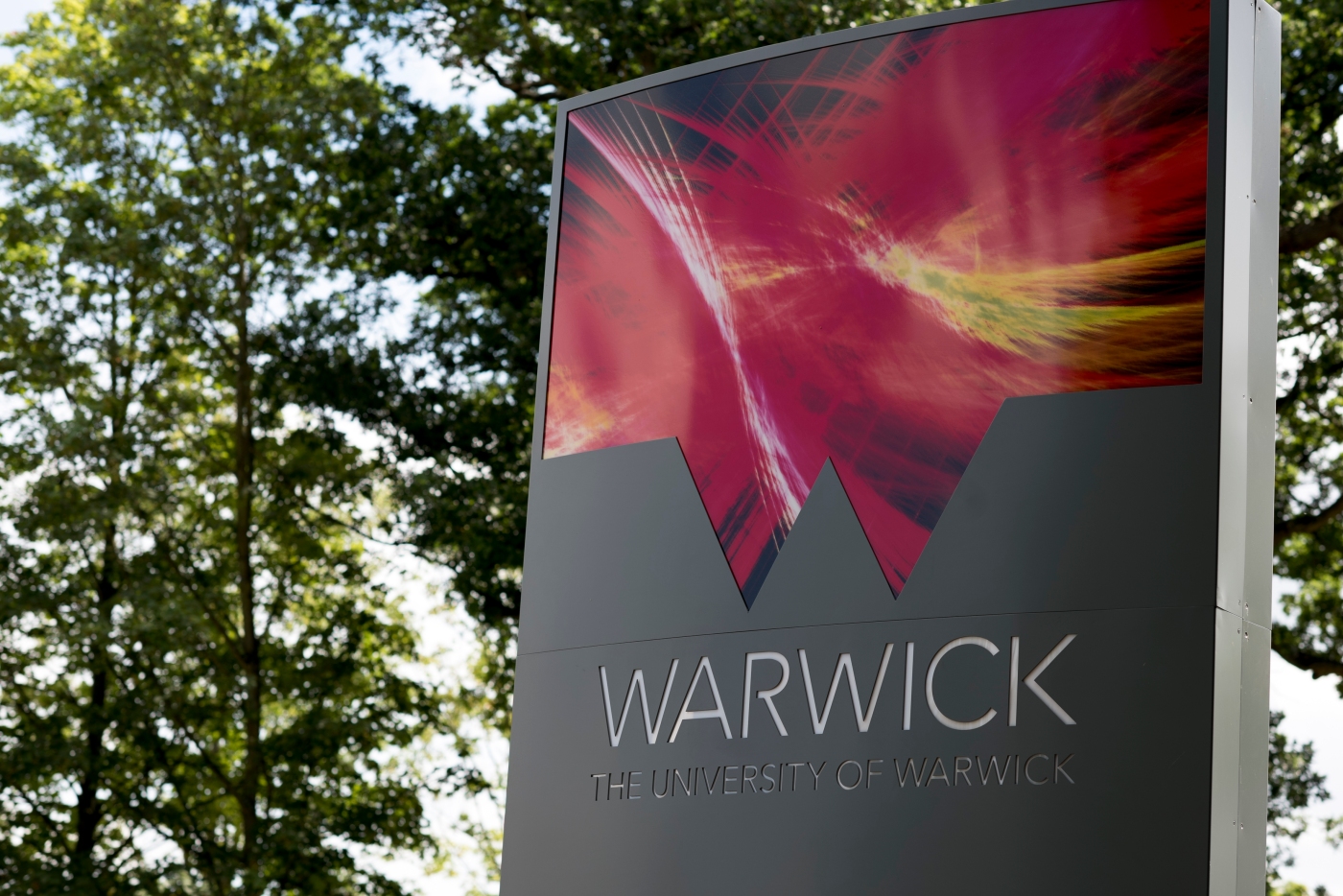It’s the start of the new academic year and that means the start of a PhD for some students. Congratulations! In today’s blog, two Ellie writes about her perspectives of starting a PhD at Warwick. Ellie has been here since her undergraduate degree, so what tips does she have for finding your feet when being welcomed back to Warwick?
PhD Places
When you return to Warwick as a PhD student, it feels different from before. Things suddenly feel more serious, and you might be inclined to separate this from your previous time here. You might feel too old for Pop! or Skool Dayz (wow, it even pains me not to spell that correctly!) and you might want to change some of your campus habits. One thing I found really helpful was finding spaces specifically for PhD students. Usually, your department will have a staff or PGR common room or space that you can use. I’d recommend finding it. The Library also has a PGR space in the Wolfson Research Exchange, which also hosts several events. You might also want to find different postgrad social events to fill your social life, because that downtime is still important, but you might not want to be hanging around with first years in societies anymore. More and more SU Societies are catering for PGRs with postgrad exec reps or postgrad events.
Student or Staff?
Becoming a postgrad researcher can also mean you’re moved into a limbo between student and staff, where you’re a bit of both but not fully either. This is often because many PGRs opt to take on teaching during their PhD, so you do end up becoming a staff-like figure to undergrads. Also, PGRs are often closer to the research communities within their departments which obviously includes full staff members. This distinction can be difficult to manage sometimes, and things can become blurred. There’s no real advice on how to handle this, other than keeping to what you’re comfortable with and holding your own with your research. If you ever need help with this, speak to someone you’re happy with, perhaps from Wellbeing Services or the SU Advice Centre.
Is this a job?
Undergrad and Master’s study can be a little hectic, and often becomes a 24/7 schedule of study, events, societies, jobs, and nights out. For me, that was the last thing I wanted to continue as a PhD student. I made the decision early to treat my research like a job: working 9 to 5 and having clear days off at weekends. Obviously, this isn’t always possible, but to have some form of framework to research really helped me stay on top of things and not let it overwhelm me. It also means a feel more ‘adulty’ than a regular student, which helps when my parents keep questioning why I haven’t got a proper job yet.
If you’re due to return to Warwick as a PhD student, we hope this helps you find your feet. If you want to prepare for your new studies, why not take a look at our section PhD Basics where you’ll find all the information you need, such as this post on setting realistic goals.
Are you starting your PhD this year? What are you going to be researching? What department are you in? What are you most looking forward to? Let us know by leaving a comment below, tweeting us @researchex or by emailing us at libraryblogs@warwick.ac.uk. If you liked this post, please leave us a like and subscribe to the blog for more weekly PhD content.


